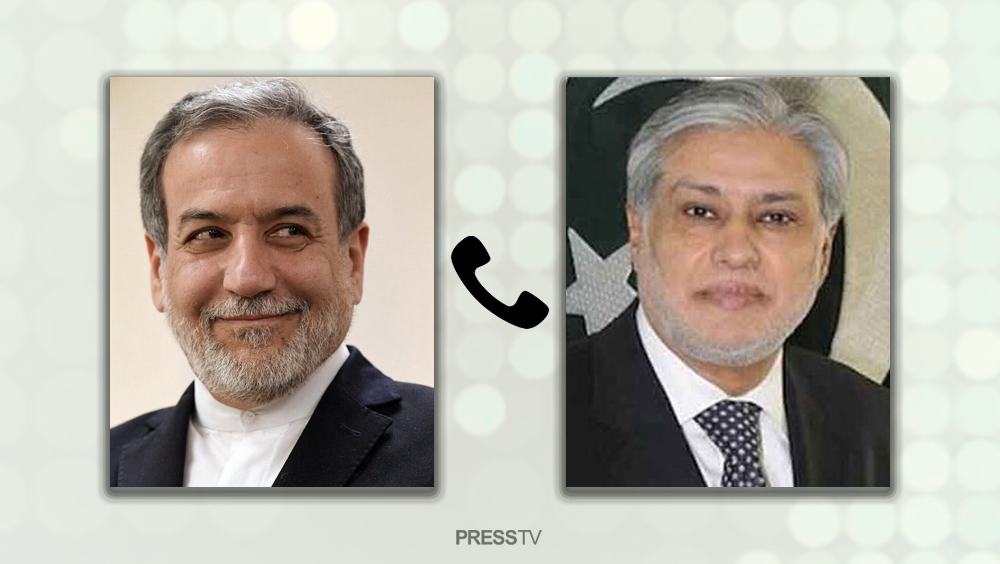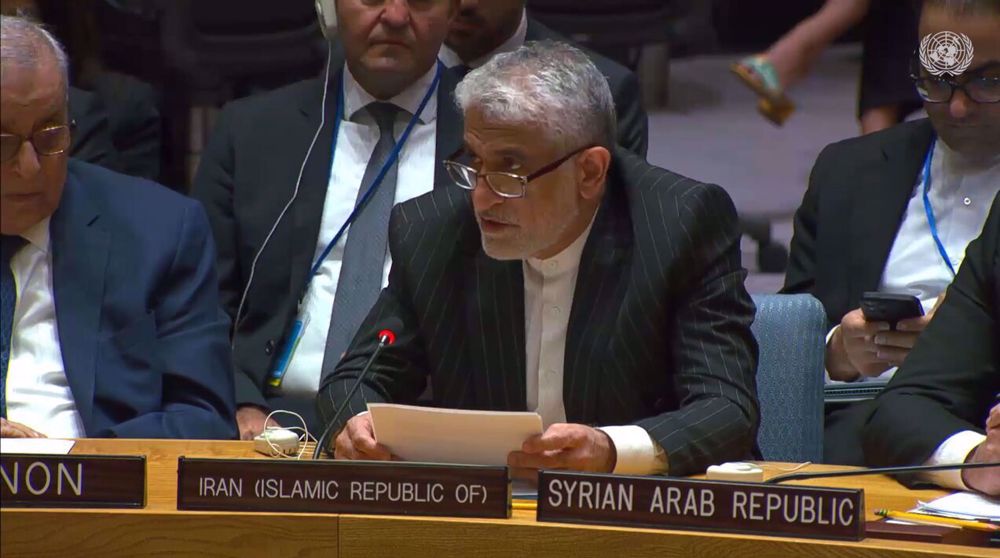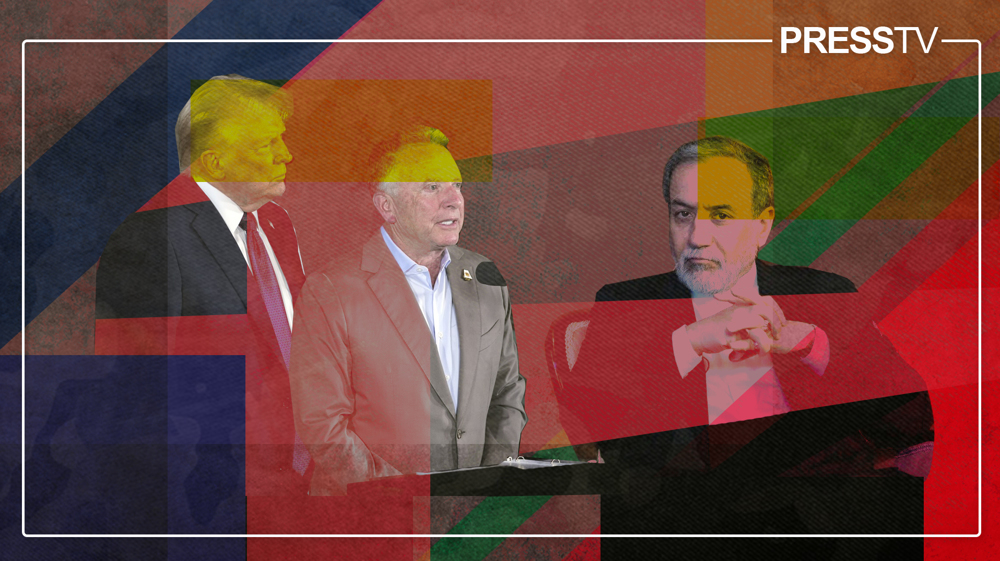Iran’s Rouhani slams Saudi-led blockade against Qatar
Iran’s President Hassan Rouhani has denounced a blockade imposed by a Saudi-led bloc of states against Qatar, saying resorting to such pressure tactics against neighboring states is a “wrong” policy.
Rouhani made the remarks in a meeting with visiting Omani Foreign Minister Yusuf bin Alawi bin Abdullah in Tehran on Wednesday.
He further called on all sides to make efforts to end the tensions in the Persian Gulf region and said using “threats, pressure and blockades against neighboring countries like Qatar is a wrong method.”
Last month, Saudi Arabia, the United Arab Emirates, Bahrain and Egypt imposed a trade and diplomatic embargo on Qatar, accusing Doha of supporting terrorism. They presented Qatar with a list of 13 wide-ranging demands and gave it an ultimatum to comply with them or face unspecified consequences.
Doha rejected the demands, which included shutting down the broadcaster Al Jazeera, removing Turkish troops from Qatar’s soil, scaling back cooperation with Iran and ending ties with Egypt’s Muslim Brotherhood movement.
Qatar complained that the demands were meant to force it to surrender its sovereignty.
Iran has been providing Qatar with food supplies amid the economic siege, which has raised human rights concerns.
Elsewhere in his remarks, the Iranian chief executive blamed the crises plaguing Yemen, Syria, Bahrain and Qatar on the “wrong decisions” made by certain governments, warning that the continuation of such a trend would never benefit regional states, and would eventually backfire.
He also described dialogue as the only solution to the conflicts in Yemen and Bahrain and hailed positive mediation efforts by Iran, Oman and Kuwait to settle regional rifts.
“The Islamic Republic of Iran welcomes any efforts that would lead to an end in rifts and clashes in the region,” Rouhani said.

Today, terrorism, making divisions and inappropriate interference by some countries in the internal affairs of others are fanning the flames of tension in the region, said Rouhani, underlining the need for “unity and cooperation among regional countries” to end the crises.
Iran helped the Iraqi nation in its counter-terrorism fight until the liberation of the city of Mosul, the de-facto capital of the Daesh terrorist group in the Arab country, he said, stressing that in the future, the Islamic Republic would stand by the Iraqi people and other oppressed nations in the region in the face of terrorism.
The top Omani diplomat, for his part, described Tehran-Muscat relations as very strong.
He further hailed Iran’s achievements in the field of nuclear technology, saying the 2015 multilateral nuclear agreement proved Iran’s regional and global authority and its status as an international power.
Iran has played an important and influential role in the peaceful resolution of regional issues, including the Syria crisis and the battle against terror, he concluded.

Iran offers mediation as India-Pakistan tensions escalate

Iran backs sovereign, stable Syria free of terrorism, UN envoy says

Iran-US talks: Trump, sanctions and the mirage of a durable nuclear deal
Iran offers mediation as India-Pakistan tensions escalate
VIDEO | Massive rally in Yemen continues support for Palestine despite US aggression
Iran backs sovereign, stable Syria free of terrorism, UN envoy says
Iran-US talks: Trump, sanctions and the mirage of a durable nuclear deal
VIDEO | Gaza’s looming famine
US universities defy Trump deportations of foreign students
WFP: Food stocks depleted in Gaza due to all-out Israeli blockade
Yemenis hold nationwide rallies to condemn US aggression, support Palestine







 This makes it easy to access the Press TV website
This makes it easy to access the Press TV website